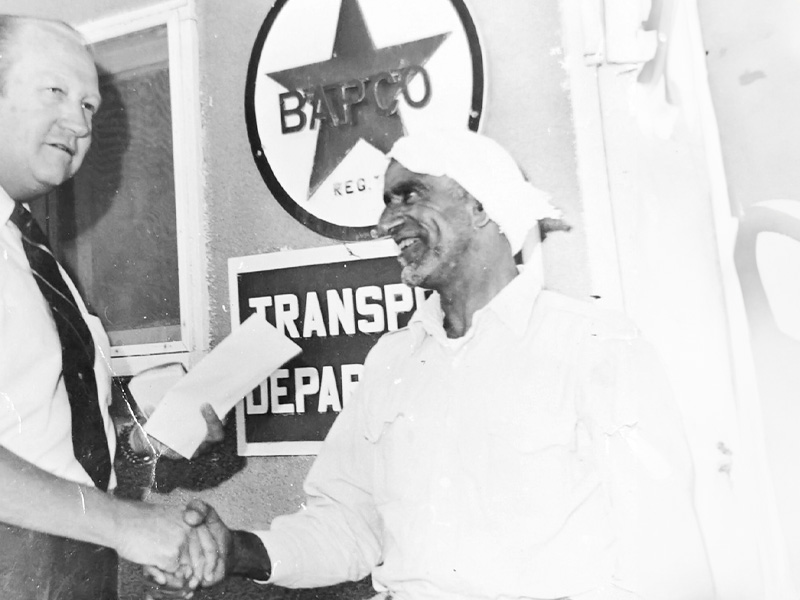Epistemological analysis of Bahraini rural marriage contracts: Hajj Hussein bin Khamis bin Haram Al-Darkulaibi’s records
Issue 63

Abdul Amir Ahmad Al-Layth
Ali Jafar Al-Layth
Jassim Salman Al-Layth
Historically, marriage has served as the backbone of society in those communities that upheld this belief and practice. The family, which is the result of marriage in Islamic communities, is highly valued.
Family life serves as the foundation for all of society. Recognising the significance of the family, religious legislators (jurists) and Islamic intellectuals developed theoretical (intellectual) teachings and practical applications aimed at safeguarding the institution of marriage, ensuring its longevity, and easing its burdens.
Islam viewed divorce as the last resort, describing it as the most hated of permissible things to Allah and seeking to limit it in favour of the survival and continuity of the family, even if doing so necessitated considerable sacrifices.
Although offer and acceptance and the testimony of competent witnesses may seem like simple, clear, and direct requirements for a valid marriage contract and the formation of the family—the nucleus of Islamic society—in all of Islamic law's doctrines, the development of conditions and the accumulation of human experiences have made the conditions and restrictions of marriage more complex than they initially appeared.
However, it is important to note that although the requirements for the validity of the marriage contract remain the same, the contract itself currently must meet additional requirements (linguistic, structural, procedural, and administrative) in order to avoid complications and preserve the rights of the various parties.
As a result, a number of authorities oversaw the marriage contract, the most prominent of which was the Muslim legislator (jurist), who whenever possible oversaw the procedure personally or delegated it to a member of the community.
Later, with the rise of the modern state and its administrative and organisational progression, the authority in society shifted to state authority, as represented by the state's ministries and competent departments (the Ministry of Justice and Islamic Affairs), with key roles still resting in the hands of those in charge of the contract (religious men) and those accepting the contract (deputies).
As a result of this shift in power dynamics, the people who create new information have shifted. Islamic religious scholars and their representatives were the first to produce knowledge, but as the state took control of the procedure for registering and recording marriage contracts, it became the main source of information in this concern.
By analysing marriage contract documents, this study aims to shed light on the evolution of authority and its relationship to marriage in the Kingdom of Bahrain from approximately the middle to the end of the 20th century.
The study analyses marriage contracts issued by a local figure, offering insight into his cognitive and social practices and his role in Islamic legal representation.
This particular person had a range of roles in society, and his records demonstrate this. Because of the substantial number of marriage contracts analysed in this study, it is ideal for making inferences about that era in history.


































































